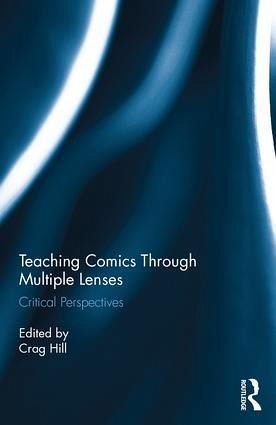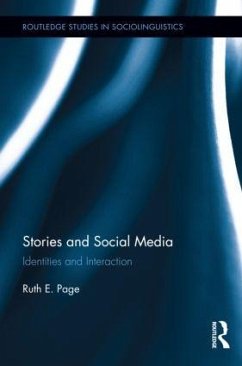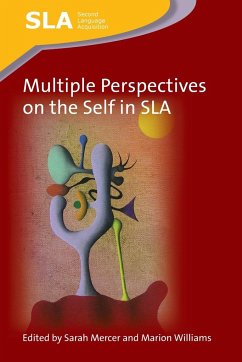
Teaching Comics Through Multiple Lenses
Critical Perspectives
Herausgeber: Hill, Crag

PAYBACK Punkte
102 °P sammeln!
Drawing from range of current scholarship demonstrating that comics are an expressive medium whose moves (structural and aesthetic) may be shared by literature, the visual arts, and film, possessing qualities these other mediums do not, this volume, written by teachers and scholars of comics for instructors, bridges research and pedagogy, providing models of critical readings around a variety of comic works.













